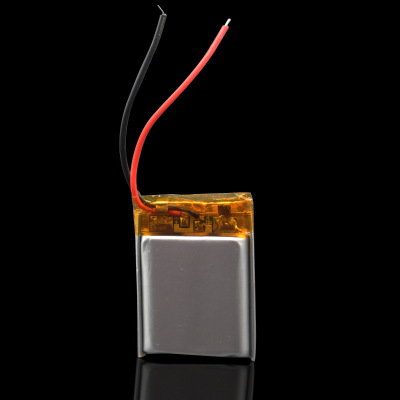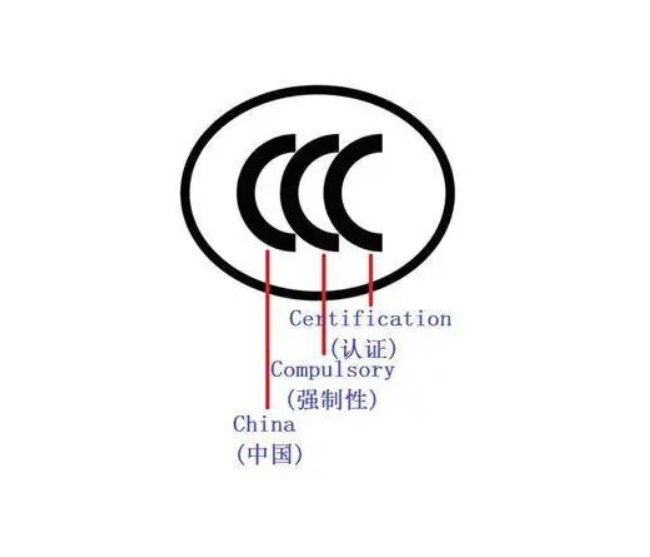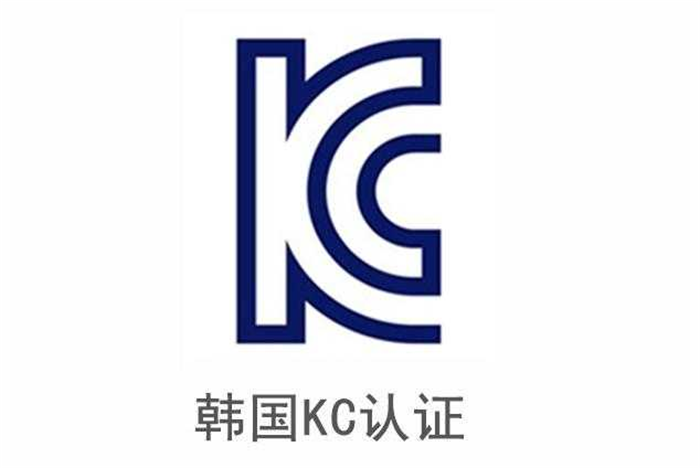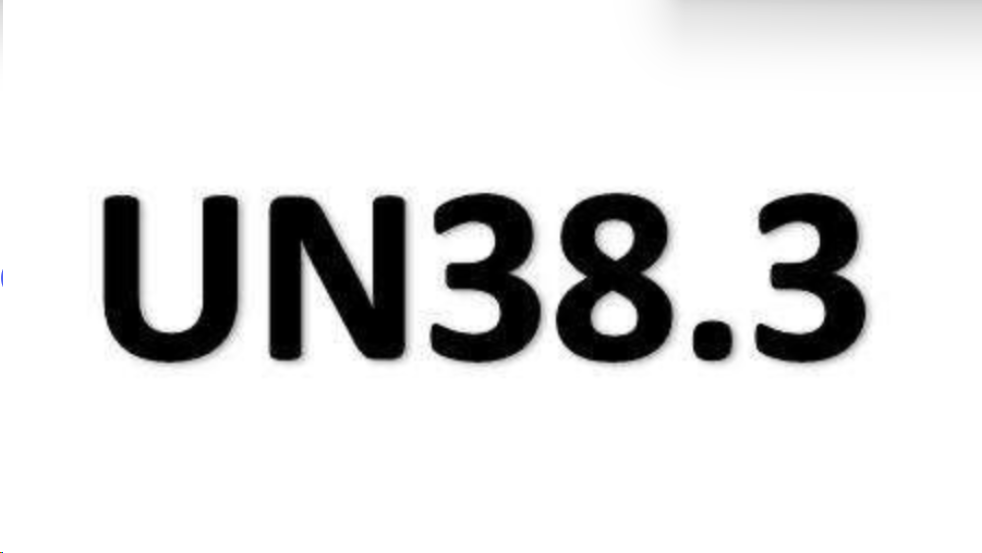Many friends who are engaged in the export of pouch batteries or international logistics have encountered the situation where their goods were rejected - most likely because they haven't obtained the UN38.3 certification. In fact, this is not an additional requirement but a clear stipulation in the United Nations' Recommendation on the Transport of Dangerous Goods: Due to their high energy density and thin casings, pouch batteries may pose risks of leakage and fire during transportation due to compression and temperature changes. They must pass the UN38.3 test to prove their safety in extreme environments. Otherwise, international logistics providers will not dare to accept them, and customs will also intercept them.

The processing procedure is not as complicated as imagined and can be completed in four steps: The first step is to select a laboratory. You must choose one with CNAS qualification; otherwise, the report may not be recognized. The second step is to prepare samples, usually 20 to 30, and they must be consistent with the mass-produced products. Samples that do not match will result in invalid tests. The third step is the core 12 tests, including height simulation, temperature cycling, vibration and shock, etc. Only when all of them are passed can the report be issued. The last step is to get the report, which usually takes 1 to 2 weeks to complete. For urgent orders, you can communicate with the laboratory for expedited processing.
There are three key points to keep in mind: First, the validity period of the report. If there are any changes to the materials or structure of the battery, it must be retested. The second difference lies in the mode of transportation. For air transport, in addition to UN38.3, an additional "Air Transport Condition Identification Report" may also be required. For sea transport, it is necessary to confirm the additional requirements of the logistics provider. Thirdly, do not seek out unqualified institutions just to save money. There have been cases where people used non-compliant reports with "quick certification", only to have their goods detained at the customs, which actually wasted time.

In conclusion, the UN38.3 certification is not just a formality but a "pass" for the international circulation of pouch batteries. Only by planning in advance and choosing the right agency can one avoid transportation pitfalls.


![[Holiday Notice] ZRLK 2026 Chinese New Year Holiday Schedule](/uploads/image/202602/698559be66d97.jpg)










